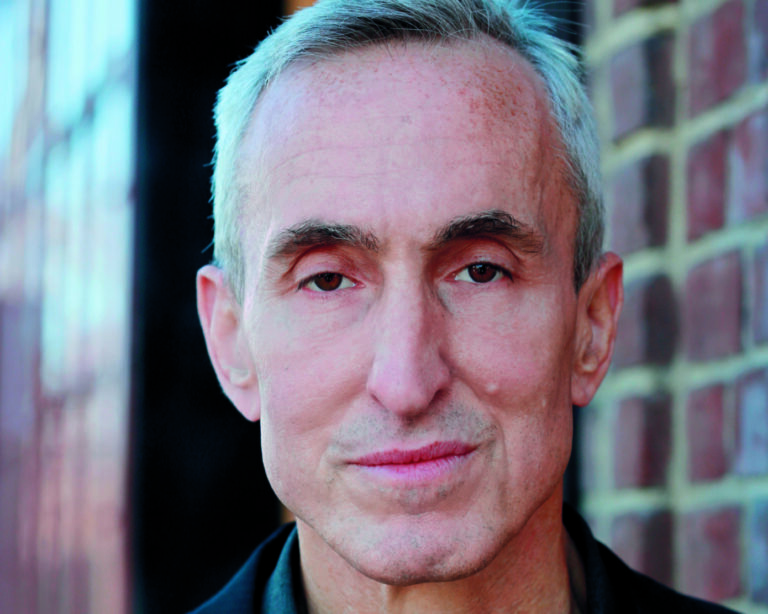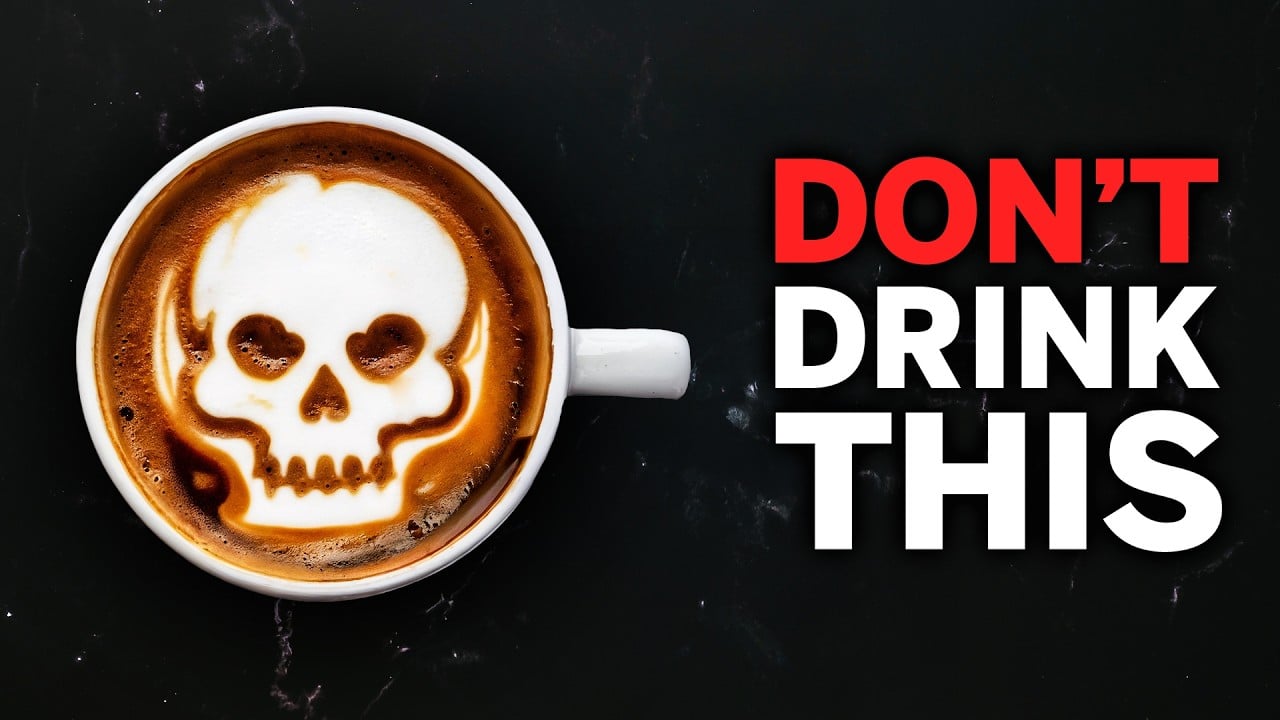
There are some awesome infographics about nutrition coming out now. It does a really good job of summarizing Gary Taubes’ theories as explained in his opus, Good Calories, Bad Calories, and later in his simplified Why We Get Fat.
Gary Taubes is a friend. He introduced me to his publishing agent, who became my publishing agent. He spoke to a packed house at svhi.com, the non-profit I run. And in all honesty, Good Calories, Bad Calories is one of the best nutrition and science books I’ve ever read, not just for the content, but for the way he never wasted even one sentence. It takes a master to pack as much information into 500 pages as Gary did, without making it into a boring list of references. If you still believe the calorie myth, read that book. You will walk away knowing what the science said vs what the media said, and you will be angry.
Why We Get Fat focuses on insulin’s role in obesity, discussing the damaging effects of excess carb intake. It also addresses fructose, the obesity-promoting sugar found in fruit, agave nectar, and a number of other supposedly “healthy” foods.
For most people, getting fat comes down to more than just insulin. Some of my other favorite theories are leptin resistance, mitochondrial dysfunction, and xenoestrogen exposure from environmental toxins and mold toxins. There are also pieces to the puzzle we have yet to discover; that’s why the Bulletproof Diet methodology is to keep evaluating new research in order to update the infographics as new research becomes available.
Stephan Guyenet offers a rebuttal to Gary Taubes’ book in a thoughtful aritcle about the food reward hypothesis of obesity. Why We Get Fat doesn’t touch on the reward aspect of food and how it relates to fatness. In a nutshell, the food reward hypothesis suggests that constantly eating foods which lead to massive dopamine release (sugar is a prominent example) can cause people to overeat and gain weight. Artificially enhanced flavors may play a role too. Stephen also posted an excellent article about the carbohydrate hypothesis.
Here’s Why We Get Fat in a nutshell. If you’re interested you should read the book too – there’s a lot more to it. There are a lot of reasons why people get fat. The book doesn’t cover the whole picture, but it covers a prominent part, and it dispels the oversimplified and nonsensical “calories in, calories out” hypothesis.









